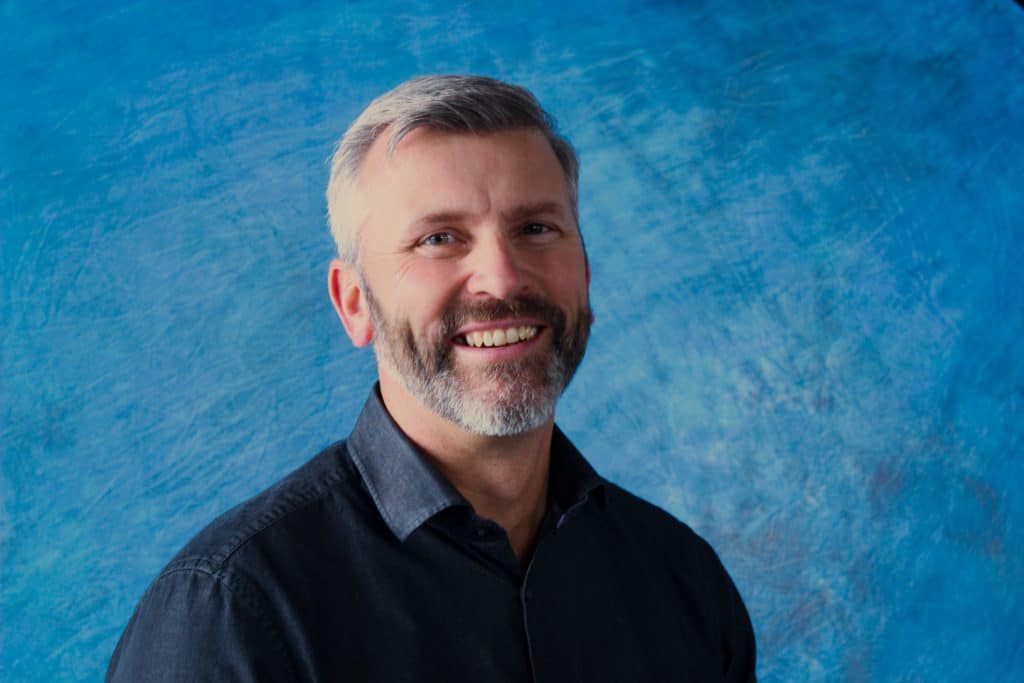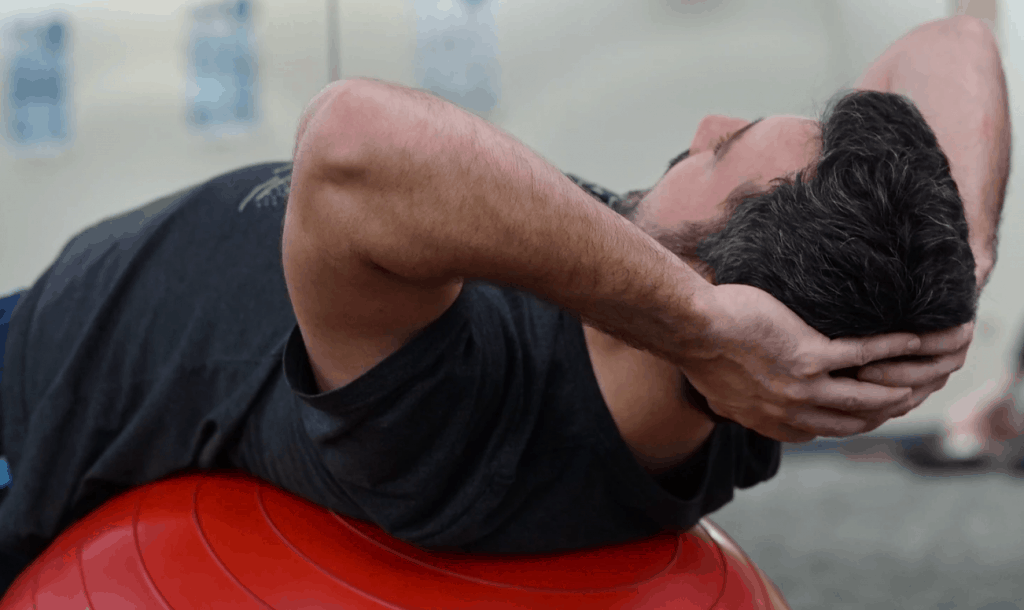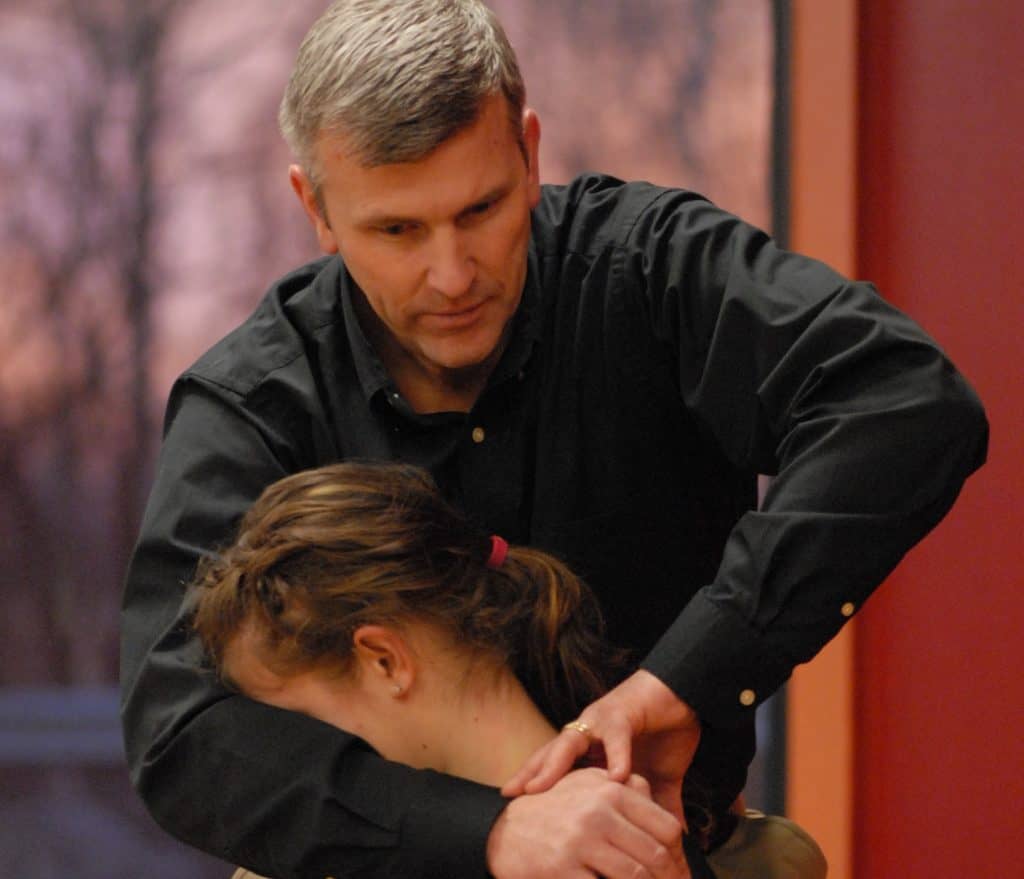When you think of physical therapy for injuries, do you think of getting a good night’s sleep? I didn’t — that is, until I talked to Sleepopolis Expert Dr. Keith Poorbaugh, owner of Northern Edge Physical Therapy in Wasilla, Alaska.
Strengthening and range of motion exercises may be the physical therapist’s stock in trade, but it turns out that sleep is crucial, too. Join me as I catch up with Dr. Poorbaugh to find out which sleep disorder he sees the most in his practice, and why sleep is your secret weapon if you’re injured, in pain, or otherwise ailing.

How does sleep impact some of the more common injuries you treat?
Sleep is a critical element of wellness, which is the foundation for healing. An impaired sleeping pattern has detrimental effects on treatment response, and often heightens awareness of pain. Sleep is the workshop for self-healing. Painful conditions which involve some form of trauma-related inflammation or tissue damage require adequate sleep to allow the body to enter a healing stage.
Sleep is essential to processes like bone building. Do you ever suggest that clients focus on sleep as part of the healing process?
A thorough screen of diet, fitness, and sleep is part of each clinical examination. I routinely stress sleep as an important part of healing. Initially, pain due to tissue injury is a sign of distress, but as pain persists or transitions to a recurrent pattern, it signals an imbalance which must be addressed to achieve a full recovery.
All too often, being a poor sleeper is accepted as part of someone’s identity. It’s no different from accepting poor posture. You must be willing to make changes to achieve healing.

Do you ever see injuries in your practice that have been caused or worsened by insufficient sleep?
A thorough medical examination will often identify a number of imbalances which have contributed to tissue overload due to what we call MOD — misuse, overuse, or disuse. Imbalances are often due to gradual changes causing weakness, instability, or stiffness. Lack of sleep makes these imbalances more pronounced and less likely to to self-correct or repair with normal activity. As far as injury due to lack of sleep, I don’t typically investigate the sleep history in relation to the injury onset. This may be an area that warrants further attention.
Does the position a person sleeps in really matter?
Sleep position is critical to reducing stress on joints and tissues. I often recommend side-sleeping if a client is suffering from disc-related back pain. I usually advise against stomach sleeping, since it reinforces stress on joints and potentially leads to more instability in the upper spine. Sleeping on the back is preferable for lower extremity injuries when the limbs need to be elevated.

Do you ever recognize undiagnosed sleep disorders in your clients?
Obstructive sleep apnea is the most common sleep disorder identified in my setting. Many clients are far too willing to accept impaired sleeping patterns similar to the way older clients accept incontinence. I stress the importance of exercises to improve lower jaw position during sleep. There’s mounting evidence that many sleep disorders are simply caused by poor posture during daily activities and weakness of the oral-motor muscles.
Do you ever recommend particular mattresses or pillows to your clients, and if so, which ones?
I rarely recommend any particular mattress or pillow to clients. Like many of my clients, I struggle to find the ideal mattress or pillow even though I’ve tried quite a few. I have recently purchased a Saatva mattress which I love, but my wife isn’t too happy with it. So the jury is still out. I send many clients to your website to do their own research.
Many thanks to Dr. Poorbaugh for chatting with Sleepopolis! You can learn more about his practice at his website, Facebook, and Twitter. You can also check him out on the Sleepopolis Sleep Expert Network hub.
He is a fantastic PT! Our family is forever thankful for him
Very interesting, and timely infomation.